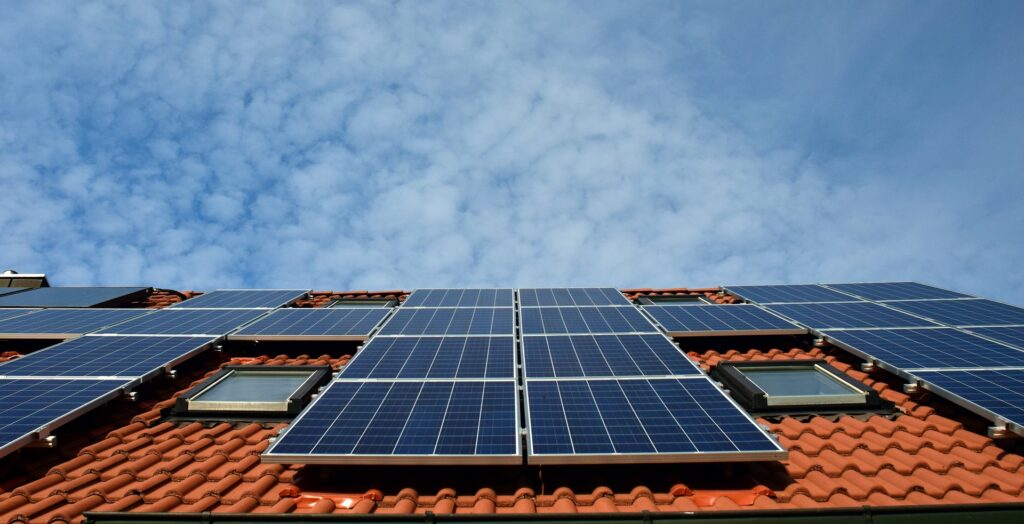
With the increasing interest in renewable energy, many people are turning to solar panels as an alternative source of electricity. However, one of the most commonly asked questions is, “How many solar panels do I need?” The answer to this question can vary depending on several factors. In this article, we will discuss these factors. We will provide a general guide on how to calculate the number of solar panels you need.
Energy Consumption
First and foremost, your energy consumption plays a critical role in determining the number of solar panels you need. You can find this information on your electricity bill. You can also use an online energy usage calculator. Your energy consumption is usually measured in kilowatt-hours (kWh). It is the total amount of energy you consume in a day, week, or month. Once you have determined your energy consumption, you can move on to the next step.
Solar Panel Production
The second factor to consider is the amount of energy a single solar panel can produce. The energy output of a solar panel is measured in watts, and the higher the wattage, the more energy the panel can produce. However, it’s important to note that not all solar panels are created equal. Their energy output can vary depending on several factors such as the quality of the panel, the brand, and the type of solar cells used.
The number of hours of sunlight the panels receive also plays a crucial role in determining their energy output. Solar panels are most effective when they receive direct sunlight. This means they produce less energy on cloudy or overcast days. Therefore, the amount of sunlight your solar panels receive will depend on your location and the time of year.
Calculating
To calculate the amount of energy a single solar panel can produce, you need to multiply its wattage by the number of hours of sunlight it receives. For example, a 300-watt panel that receives 5 hours of sunlight per day would produce 1,500 watt-hours, or 1.5 kWh per day.
Once you have determined the amount of energy a single solar panel can produce, you can move on to the next step. You will need to calculate the number of solar panels you need. To do this, you need to divide your average daily energy consumption by the amount of energy a single solar panel can produce. For example, if your energy consumption is 30 kWh per day, and each panel produces 1.5 kWh per day, you would need 20 panels to cover your energy needs.
It’s important to note that the number of solar panels you need may be more or less than this depending on several factors. For example, if you live in an area with a lot of shade. If your roof is not oriented towards the sun, you may need more panels to compensate for the lower energy output. On the other hand, if your roof receives a lot of direct sunlight, you may need fewer panels.
Solar Panel Efficiency
The efficiency of the solar panels you choose also plays a crucial role in determining the number of panels you need. Solar panel efficiency is measured as a percentage, and the higher the efficiency, the more energy the panel can produce. More efficient panels can produce the same amount of energy with fewer panels. This can reduce the overall cost of the system. However, more efficient panels are typically more expensive.
In addition to these factors, it’s essential to consider the size of your roof or the available installation area when determining the number of solar panels you need. Solar panels come in different sizes, and the size of your roof or available installation area will determine the maximum number of panels you can install.
Conclusion
In conclusion, determining the number of solar panels you need is not a straightforward process. It depends on several factors such as your energy consumption, the amount of sunlight your panels receive, the efficiency of the panels, and the available installation area. However, by following the general guide outlined above, you can get a good estimate of the number of solar panels you need to meet your energy needs.